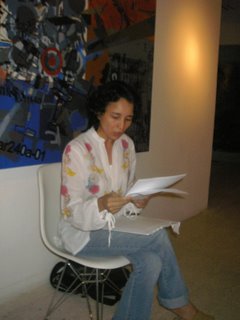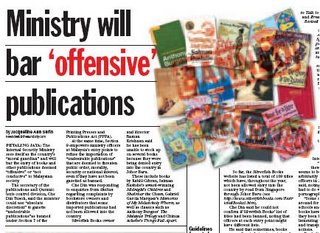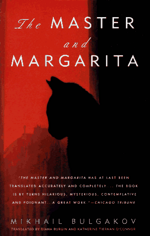
Things seem to have gone very quiet on the "restricted" books issue, but behind the scenes much is happening. Animah Kosai has prepared a letter which will be sent out to the right parties in the next day or two. As soon as I am able to post the letter here, I will do. (The pic is Animah reading out the letter at our
Readings on Saturday. Fifty names will be attached.)
Raman at
Silverfish told me today that he has been contacted by journalists from two different English language dailies who have been speaking to the relevant minister to get some firm facts.
Politely bringing the issue to attention of the right authorities might just work. In a reasonable society anyway, that's how things should happen.
More news soon.
Oh ... and thanks to all those folks around the world who have shown support by linking this blog.


